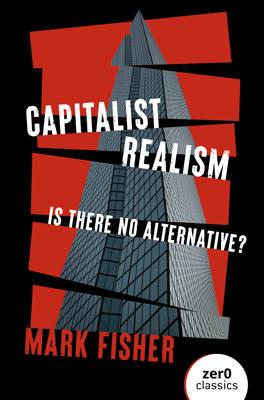Reflexive Impotence, Immobilization and Liberal Communism
The Political Disengagement of British Students and Reflexive Impotence
The chapter examines the phenomenon of reflexive impotence among British students, contrasting their political disengagement with the proactive demonstrations of French students against neoliberal policies. Despite acknowledging the dismal state of affairs, British students feel a sense of helplessness, believing that no change can be effected, which becomes a self-fulfilling prophecy. This mindset is identified as a significant barrier to political action and is linked to prevalent mental health issues like depression and the widespread appearance of learning difficulties such as dyslexia among the youth.
The Shift from Disciplinary Societies to Control Societies
Drawing on Gilles Deleuze's theories, the text discusses the transformation from Foucault’s disciplinary societies, characterized by enclosed institutions (factories, schools, prisons), into control societies that operate through continuous and dispersed corporate surveillance. Control societies maintain compliance not through physical enclosures but through psychological engagement and perpetual connectivity to consumer and media networks.
The Impact of Consumer Culture on Student Engagement and Behavior
The influence of consumer culture is profound on students, manifesting as depressive hedonia where students are unable to engage in any activity that does not provide immediate pleasure. This condition is exacerbated by the educational shift toward treating students as consumers rather than learners, significantly affecting their motivation and capacity for deep engagement or critical thinking. The chapter critiques the educational systems' failure to instill deeper values beyond consumer gratification, which adversely affects students' attention spans and abilities to engage with complex texts.
Critique of Neoliberal Impact on Education and Societal Structures
The chapter provides a critique of the neoliberal agenda within public education, noting the paradox of institutions that cannot afford to discipline or fail students due to funding models tied to retention and achievement metrics. This scenario promotes a lack of real engagement or learning, filling classrooms with disengaged students who see education as a lesser evil compared to dismal job prospects.
The Larger Political Stagnation and the Illusion of Change
It discusses the broader political and economic climate, portraying actions like the refusal of French students and the charitable actions of "liberal communists" like George Soros and Bill Gates as ultimately upholding the capitalist system. The critique extends to these figures, noting that despite their progressive veneer, they contribute to the preservation of a system that privileges neoliberal agendas and stifles genuine political or economic alternatives.
Conclusion: The Need for New Political Strategies
In the conclusion, the narrative calls for innovative approaches to counter the pervasive effects of capitalist realism and control societies. It highlights the ineffectiveness of traditional forms of resistance in the post-Fordist era and encourages a political reimagining that moves away from established labor discussions to address the unique challenges and discontents of contemporary capitalist societies.
